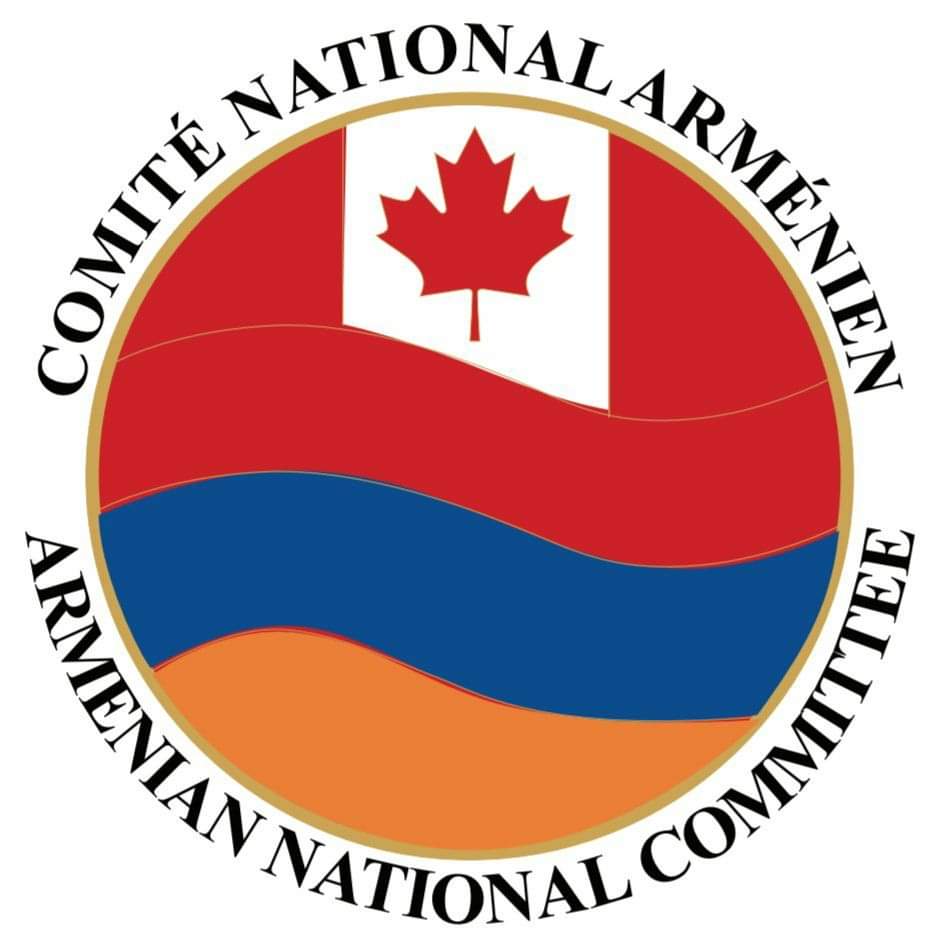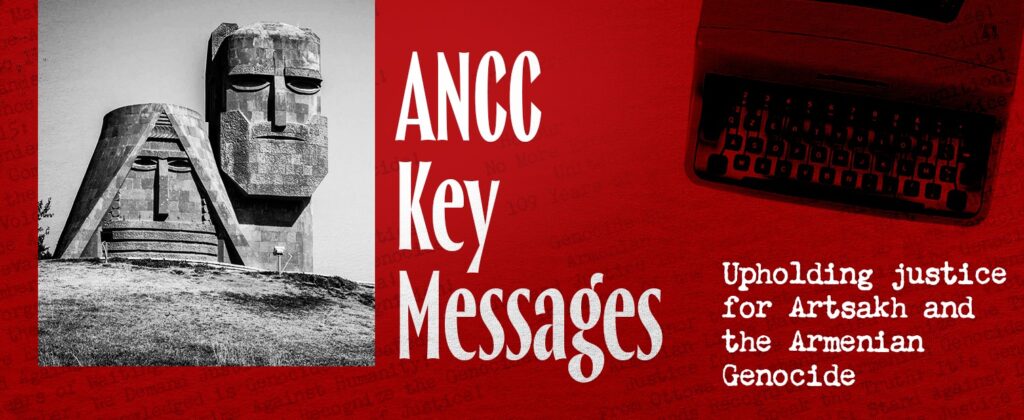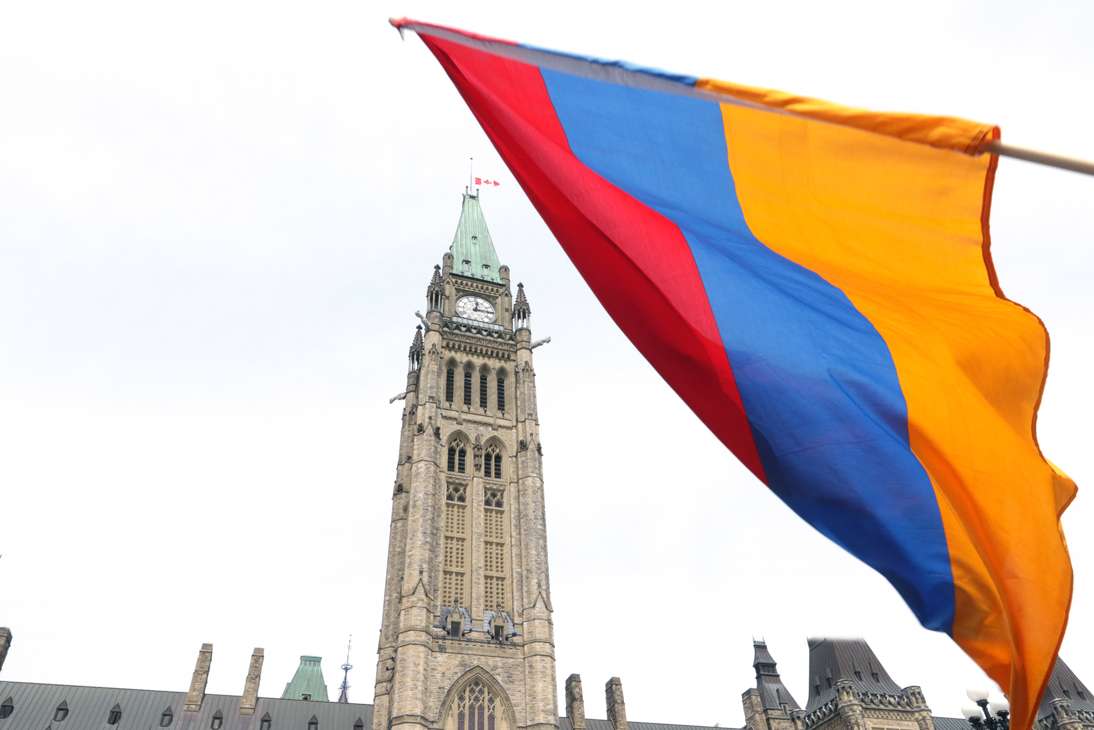As we mark this anniversary of the Armenian Genocide, we are reminded of the Armenians of Artsakh (Nagorno-Karabakh) – who today have been forced from their ancestral homeland by a genocidal Azerbaijani regime hell-bent on the eradication of the Armenian people.
- The systematic slaughter of 1.5 million Armenians more than a century ago was so appalling that there wasn’t even a word to fully capture the magnitude of the tragedy. This atrocity not only preceded the Holocaust but also became a blueprint for subsequent genocides. Despite our solemn vow to prevent such horrors from occurring again, the Armenian community is once more confronted with the threat of genocide.
- The Armenian Genocide persists, extending beyond its initial atrocities. It continues through Turkey’s refusal to acknowledge it, the ongoing destruction of Armenian cultural heritage, and the perpetuation of hateful ideology driving the persecution of Armenians, notably by Azerbaijan.
- We cannot afford to let the phrase “never again” become empty words. It must be a rallying cry for proactive measures to prevent genocide and to ensure justice by holding accountable those responsible for such atrocities. This ongoing tragedy is not just a repetition of past crimes but also follows similar methods, with Armenians enduring starvation, the destruction of their cultural heritage, historical distortion, and dehumanization once again.
- Following over a hundred years of Turkey’s shameless denial of the Armenian Genocide and its avoidance of accountability for committing crimes against humanity, it’s unsurprising that Azerbaijan believed it could perpetrate similar acts without facing repercussions. Our failure to react and prosecute those responsible for present-day genocide serves as an endorsement for any potential genocidal dictator.
- The victims and survivors of the 1915 genocide were denied justice, but we still have the opportunity to secure justice for those affected by Azerbaijan’s genocidal acts today. This entails imposing sanctions on individuals responsible for war crimes and crimes against humanity, ensuring the release of all Armenian prisoners of war and civilian captives, and affirming the right of Armenians to return to their homes.
- The genocide witnessed in Artsakh (Nagorno-Karabakh) last year presents a crucial difference from the events of 1915: There’s a chance for reversal. Therefore, it’s vital for the Canadian government and other like-minded allies to promptly intervene, securing the fundamental right of Artsakh’s Armenians to return, with international assurances for their safety, security, dignity and self-determination.
- 100 years ago, the Georgetown Boys’ were resettled in Canada after surviving the Armenian Genocide highlights Canada’s humanitarian legacy. Their journey underscores the importance of empathy, compassion, and international solidarity in addressing crises.
- The Georgetown Boys’ narrative urges us to confront past atrocities and work towards a more just and compassionate world.
- We must honour our proud history of aiding the victims of the Armenian Genocide by supporting those in need – by outlawing the denial of the Armenian Genocide in Canada. We must acknowledge historical truths, foster empathy and promote human rights.
- As Azerbaijan persists in threatening Armenian territory, it’s imperative to convey to the Baku’s dictatorship that there will be repercussions for their actions. In our pursuit of regional peace, it’s crucial to heed the lessons of history and prioritize accountability over appeasement. Our aim should be to achieve a lasting and respectful peace in the region, acknowledging that true peace cannot be achieved when those responsible for genocide are allowed to evade accountability.
- In the face of increasing violent authoritarianism and the persecution of minority groups worldwide, our best chance at preventing genocide lies in holding accountable those responsible for the most severe crimes against humanity, prioritizing our principles over political convenience.



